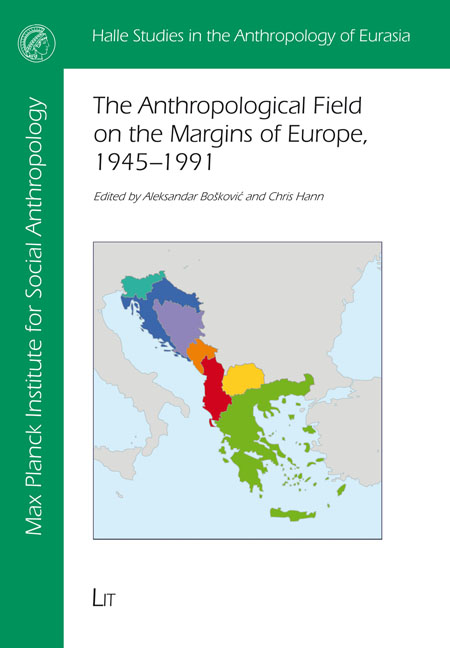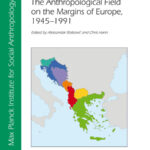Beschreibung
The social lives of the peoples of the Balkans have long stimulated the imagination of their northern European neighbours, including anthropologists. Yet these peoples and places have anthropological traditions of their own, shaped initially by nationalist movements and later (more superficially) by socialism and other political constraints. This volume explores the anthropological field between Greece and Slovenia when political pressures were strongest, in the era of the Cold War. However, the environments were by no means uniformly repressive. These studies provide indispensable insights for new generations pursuing innovative research agendas in this region in the new century; they also raise deeper issues about the boundaries and substance of the anthropological endeavour.


 Download
Download 